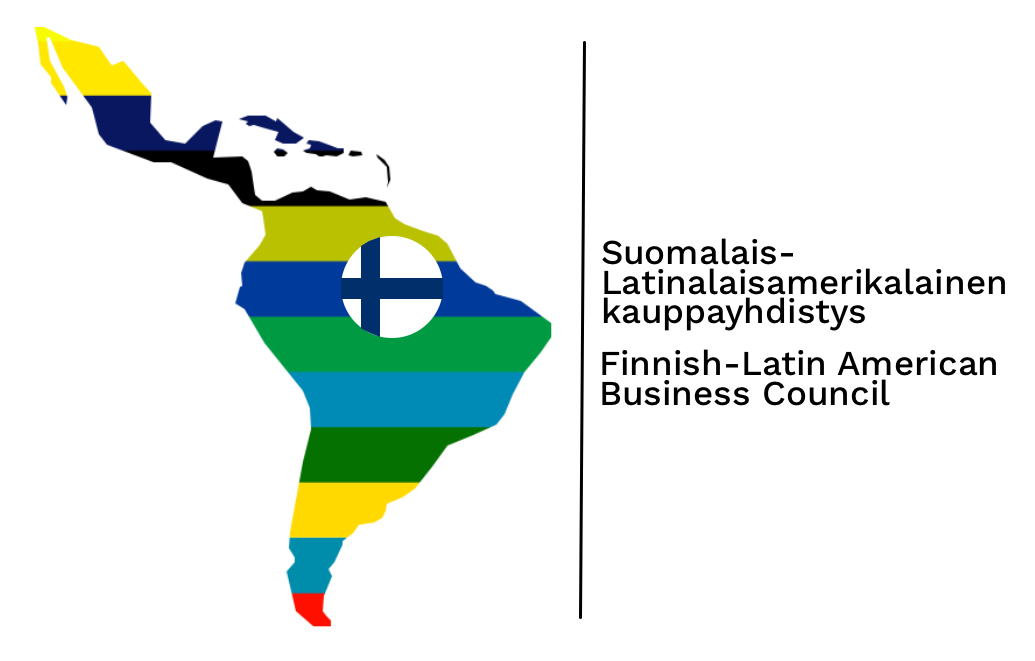Economic outlook of the Dominican Republic today – and what are the prospects for the country?
The Dominican Republic is an attractive destination for foreign investment, offering multiple business and investment opportunities because of a wide variety of factors, such as: its excellent geographic location, solid legal framework, economic stability, and modern infrastructure. Statistics place us as the main destination in the Caribbean region and foreign investment companies based in the country have also shown the conviction that our country is a reliable destination for new businesses.
The Dominican economy has reflected a growth in the last 25 years, with an average of 5.3% per year, one of the highest rates in Latin America and the Caribbean. During the last decades, the Dominican Republic has remained one of the largest recipients of foreign direct investment in Central America and the main recipient of foreign investment in the Caribbean, with more than 49%, according to indicators reflected by the Economic Commission for Latin America and the Caribbean (CEPAL). This is largely due to the competitive advantages that the country shows, as well as the implementation of open policies for investment and international trade.
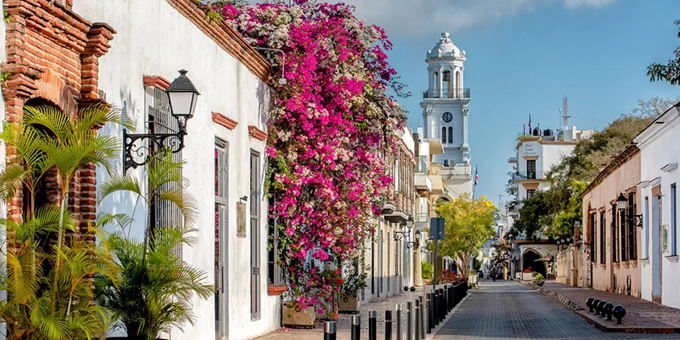
Which kinds of business opportunities are there for Finnish companies in the Dominican Republic?
With a population of 11.2 million consumers and a nominal GDP of $71.6 billion, the Dominican Republic (DR) is the seventh largest economy in Latin America and the largest in the Caribbean region. An upper middle-income country -according to the World Bank-, with a GDP per capita of approximately $7,100, the economy is based on tourism -with beaches amongst the best in the world and rich cultural legacy-, agriculture, Free Trade Zone manufacturing and service industries. The Dominican Republic offers a highly favourable climate for private investment in various projects related to energy, based on a rule of law that is friendly to both conventional generation projects as well as for those based on alternative sources.
Wind Energy: The Dominican Republic has a potential of 30,000 MW, with the coastal regions of the south-west and north of the country have the greatest potential. It is the renewable source which currently has a greater margin of use (more than 100 MW, excluding the hydraulic), so it has attractive possibilities for private investment.
The geological profile of the Dominican Republic has been a determining factor for centuries and it has remained the site of the oldest mining industry in America. Currently, the country has the second largest gold deposit in the Americas and produces a range of mineral resources such as: gold, silver, bauxite, ferro-nickel, clay, minerals industrial (kaolin, feldspar, siliceous sands, and others), larimar, amber, flagstones, limestone rocks, plaster, salt, among other metallic and non-metallic resources. The added value of mining and its attractiveness for Foreign Direct Investment (FDI) has grown in recent years due to increased production levels of gold, marble, and main construction aggregates.
The country has become a focus of manufacturing and services and has succeeded in attracting foreign capital companies that establish product export platforms and services, mostly aimed at the market of USA. The establishment of the great of some of these companies have been motivated by tax incentive regimes such as the free trade zone.
There are 75 free zone parks in the country, with 695 companies that generate a total of 176,555 jobs, with an accumulated investment of US$5,136 million, concentrating 50% on the following activities: medical products and pharmaceuticals, tobacco, and its derivatives, garments and textiles, and services.
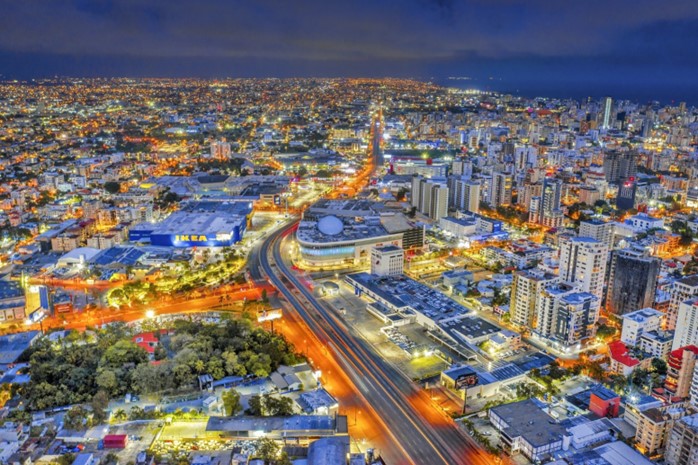
Please, also explain us which kinds of investment opportunities there are for Finnish companies in the Dominican Republic?
FOREIGN INVESTMENT LAW
National treatment, which favours the foreign investor, guaranteeing the same legal protection that it provides to national investors. Liberalization of dividends and repatriation of capital. Foreign Investment and Technology Transfer Registration Certificate, which guarantees the validity and transparency of your investment by the Dominican Government through ProDominicana. Program of Residence Permits for Investment, through an agreement with the General Directorate of Migration, having as a prerequisite the Foreign Direct Investment Registration Certificate issued by ProDominicana with a minimum investment amount of two hundred thousand dollars (USD$200,000.00).
INCENTIVES FOR THE PROMOTION OF FREE TRADE ZONES
Special customs control regime. Tax exemptions of up to 100% on the following taxes:
1. Payment of the tax on construction, loan contracts and the registration and transfer of real estate from the establishment of the corresponding Free Trade Zone operator.
2. Payment of the corporation tax or capital increase.
3. Payment of municipal taxes created that may affect these activities.
4. All import taxes, tariffs, customs duties, and other related charges that affect raw materials, equipment, and construction materials, destined to build, enable, or operate in free zones. All import taxes related to equipment and utensils necessary for the installation and operation of cheap dining rooms, health services, medical care, childcare, entertainment or amenities and any other equipment that promotes the welfare of the working class.
5. Current export or re-export taxes, except for industrial processing or export services, such as raw materials, packaging, labels, services, etc. demanded from the productive sectors.
6. Taxes on patents, goods, or assets, as well as the Tax on Property Transfers of Industrialized Goods.
7. Consular fees for all imports for Free Zone Operators or Companies.
8. Payment of import taxes on transport equipment.
Exportation to the local market:
9. Exportation of one hundred percent (100%) of the pre-production to pay the corresponding tariffs and taxes. 10. Duty-free export (100%) on goods and services, in the case of finished products of the textile chain, clothing and accessories, leather, footwear manufacturing and leather manufacturers. Products imported by free zone companies dedicated to logistics and marketing services can be sold in the local market, subject to prior authorization from the National Council of Free Zones and prior payment of the corresponding fees and taxes.
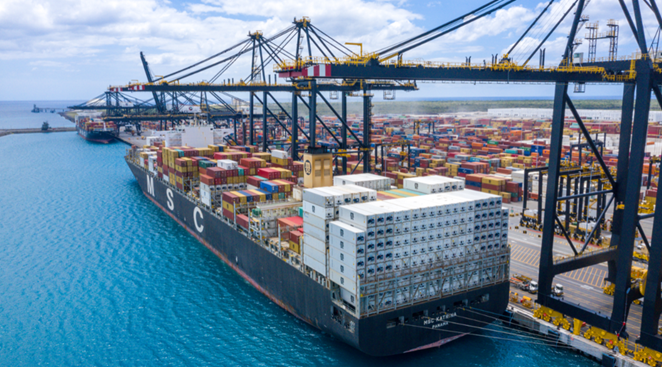
If a Finnish company decides to invest in the Dominican Republic, what are the most important issues this enterprise must take into its consideration in order to succeed in the market?
Under Dominican law, foreign companies that carry out business activities in the Dominican Republic are subject to conditions equal or like those to which any Dominican entity would be subject. In practice, a foreign company can establish a business in the Dominican Republic as a branch of the company without any other formality other than registering in the Commercial Registry and registering in the National Taxpayers Registry (DGII). Also, depending on the type of business that the branch will carry out, it will be subject to requirements, supervision and registration duties, and information required by the kind of business; this applies to free zone companies. This registration process takes between three (3) and four (4) weeks.
Any branch established in Dominican territory is subject to the same duties and obligations as other legal entities, especially those related to labor, social security, and taxes, including territorial regulations and public policies. In this sense, it will have to be registered in the National Taxpayers Registry of the General Directorate of Internal Taxes (DGII) so that the company receives an identification number as a National Taxpayer (R.N.C.); this will enable the entity to file the required tax returns, pay the taxes settled in respect to its income and operations in the Dominican Republic, act as withholding tax on the income of its employees and suppliers, and comply with everything that is required by the workforce, social security and other regulations considered of public order.
For tax matters, any natural or legal person who receives income from a Dominican source will be subject to pay income tax regardless of their place of residence; or whether it has been authorized by the Executive Branch to establish domicile the country. The branch or any other entity that does business in the Dominican Republic must request the number referred to as the Tax Verification Number (NCF) to invoice goods and services sold inside the country and must submit a tax return. However, we must mention that companies under the Free Zones regime are exempt from income tax but could be liable for other taxes such as labour, capital gains, or ITBIS for local sales.
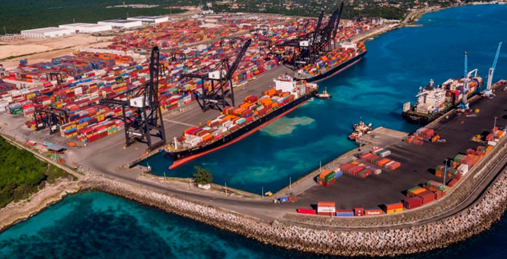
Which kind of assistance and which kinds of benefits there are in the Dominican Republic for Finnish companies which would like to invest in the Dominican Republic?
In the Dominican Republic, companies benefit from a Foreign Investment Law and an extensive system of incentives, established in various Dominican legislation regulations, and aimed at developing and boosting essential sectors of the national economy. Law 16-95 on foreign investment establishes national treatment for foreign investors and the free repatriation of capital. We have Free Zones, Border Development Zones, and qualified industries of the Centre for Industrial Development and Competitiveness (PROINDUSTRIA) among the special regimes with incentives. There are also incentives for cinema, tourism, renewable energy, and the textile industry through special laws. Other regulations also establish incentives for the importation of personal effects of residents, pensioners from foreign sources, and the importation of used motor vehicles for Dominicans who return to the country. Under some of these legal regimes, incentives are given for a specified period; in others, they are renewable for indefinite periods. According to the regulations and sectors previously stated, the main benefits of Dominican law are indicated below.
Please, tell us the main rules of business culture that a Finnish businessman should know.
Appropriate business attire is expected. Despite the warm weather -though everywhere there’s air conditioning system-, men should wear conservative dark-coloured suits. Women should wear suits or dresses. Dominicans are fashion conscious and businesspersons take great pride in their appearance. Lunch meetings are common. Breakfast meetings are becoming more common, particularly among companies doing business internationally. Business appointments are generally required, but strict punctuality is not a consistent part of Dominican business practices. Many Dominican businesspersons speak English, but communication in Spanish is far more prevalent. Business cards are exchanged.
The Dominican Republic is on Atlantic Standard Time (AST) year-round and does not observe daylight savings time. AST is the same time as Eastern Standard Time (EST) from April to November, but the DR is one hour ahead during daylight savings time (DST).
Business hours are generally from 8:00 a.m. to 6:00 p.m., Monday through Friday. Government offices work from 8:00 a.m. to 4:00 p.m. Monday through Friday. Some companies work on Saturday mornings. The lunch hour is from 12:00 p.m. to 1:00 p.m. or 1:00 p.m. to 2:00 p.m.
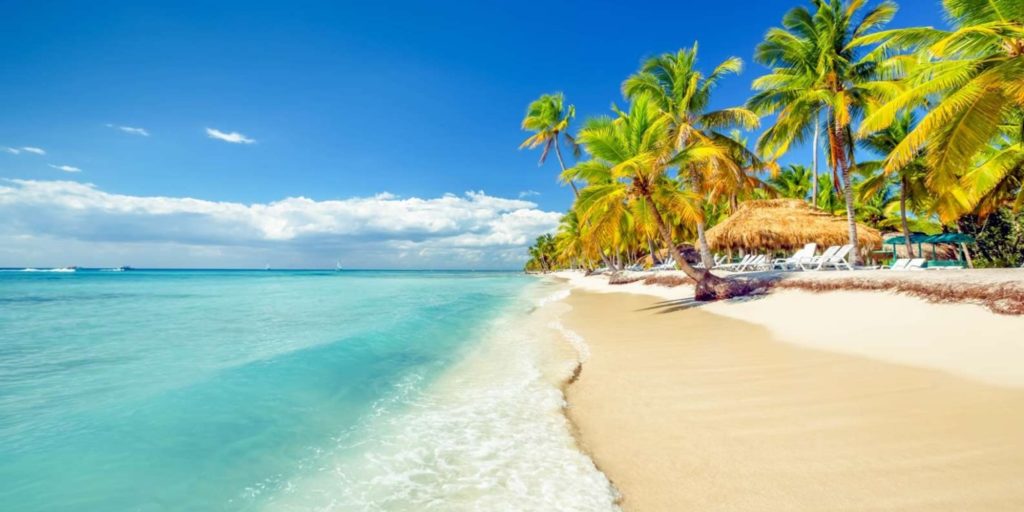
Please, tell us about the tourist attractions and holiday resorts in your country. What about delicacies of the cuisine of the Dominican Republic?
The Dominican Republic has long been a favourite Caribbean escape for its plethora of accommodation options attracting countless celebrities, sports personalities, and adventurous travellers. In fact, the country boasts the highest number of hotel rooms in the Caribbean region, totalling over 83,934.
Even though the DR is known for its all-inclusive resorts, there are also plenty of boutique hotels and eco lodges located in beach towns and mountainside areas, including colonial hotels in the historic Colonial City of Santo Domingo, among others. The top choice in DR, Punta Cana boasts continuous white sand beaches, and the largest offer of all-inclusive hotels. A total of 35,000 rooms, coupled with a wide range of sea and safari excursions, plus the largest convention centre in the country make this region ideal for medium and large events.
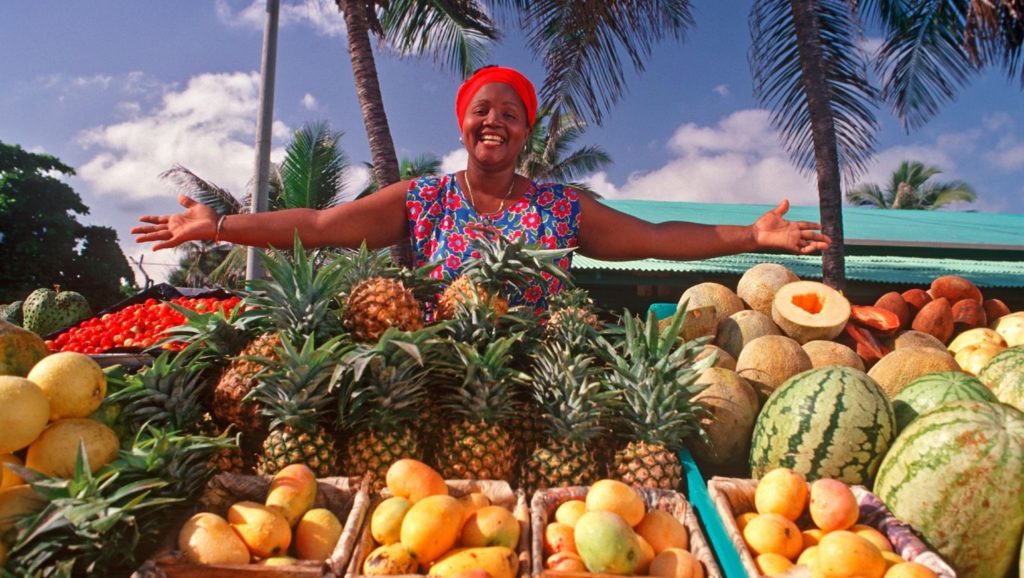
The Dominican Republic is located on a Caribbean Island. This means that fish and seafood are a huge part of Dominican cuisine. From Punta Cana to Samana, and from Santo Domingo to Puerto Plata, any spot along the nation’s coastline is home to amazing seafood.
When it comes to fish and seafood in the Dominican Republic, there are many excellent alternatives for a great meal, from grilled lobster to a vast array of fish stews. But one of the most popular Dominican recipes is fried fish. A truly authentic Dominican day at the beach would not be complete without this crowd-pleaser, which is usually made with grouper or snapper, directly from sea to table.
Visiting the Dominican Republic entails discovering all its flavours: the tubers and tropical fruits of the Taino people; the beef, pork, oregano and saffron brought on Spanish ships in the 15th century; and the techniques and ingredients (such as bananas and yams) of African slaves, resulting in local dishes such as mofongo and mangú, or the delicious sancocho. Traditional Dominican food is a fusion that makes anyone’s mouth water.

Söder Mälarstrand No. 21, Stockholm, Sweden.
Visit the embassy website here.


